Baylor University historian Robert Elder joins us to talk about Vice President John C. Calhoun, a man who argued that slavery was a “positive good” and set the stage for the South to secede from the Union.
Read more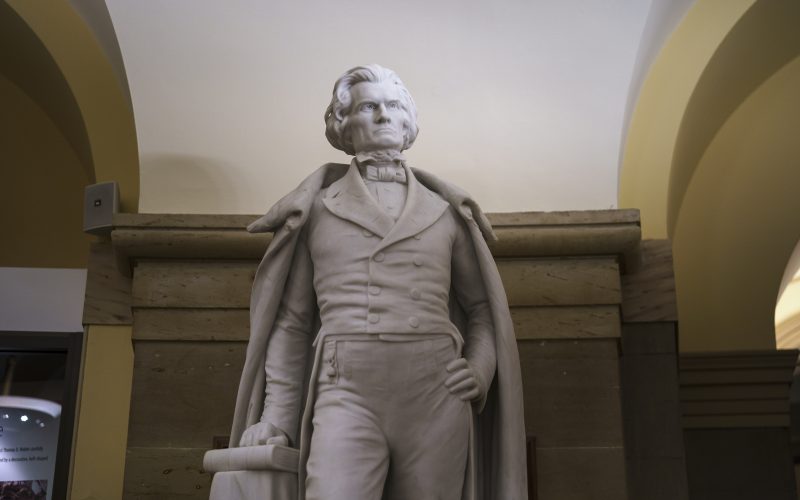


Baylor University historian Robert Elder joins us to talk about Vice President John C. Calhoun, a man who argued that slavery was a “positive good” and set the stage for the South to secede from the Union.
Read more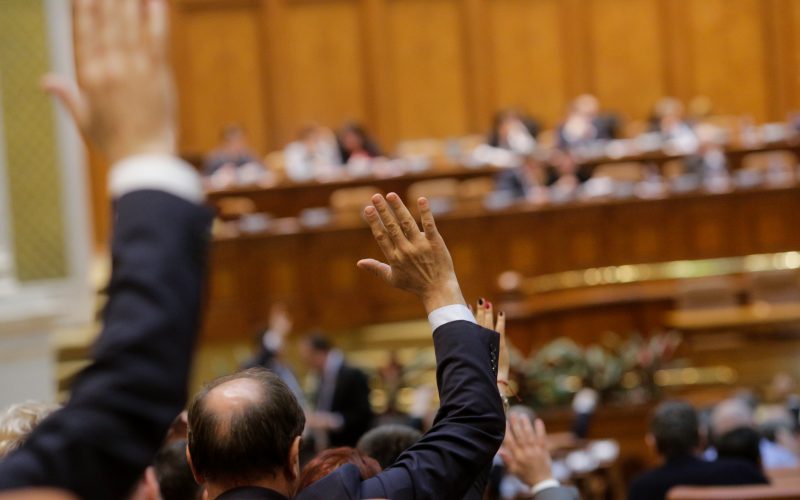
James Fishkin is a political scientist and director of the Center for Deliberative Democracy at Stanford, and he joins us to explain the process of deliberative democracy – and demonstrate successes it’s already produced around the world.
Read more
Derek DelGaudio joins us to talk about his autobiography, a deep dive into how illusion and identity shaped his life.
Read more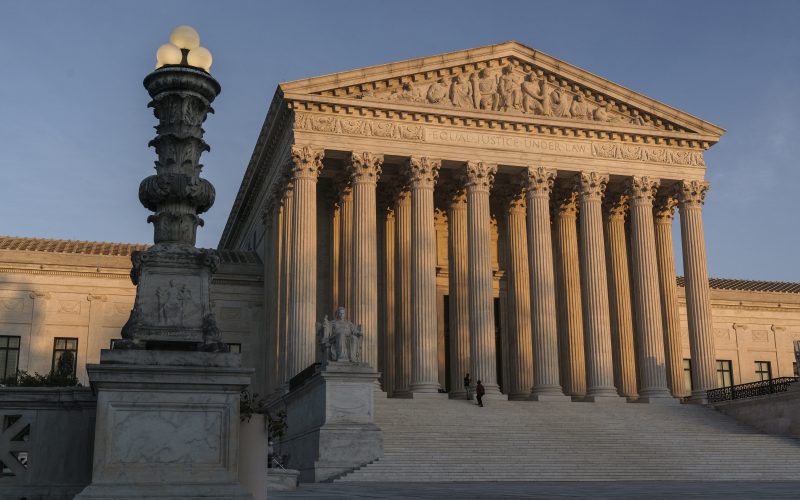
Columbia Law professor Jamal Greene joins us to talk about why courts have an outsized role in determining what Americans fight for and against, a method he says is out of line with what the framers of the Constitution envisioned.
Read more
Melissa Febos joins us to talk about the flawed ways we ask children to shape their identities from puberty and her own coming-of-age story as she worked to find her voice and set boundaries.
Read more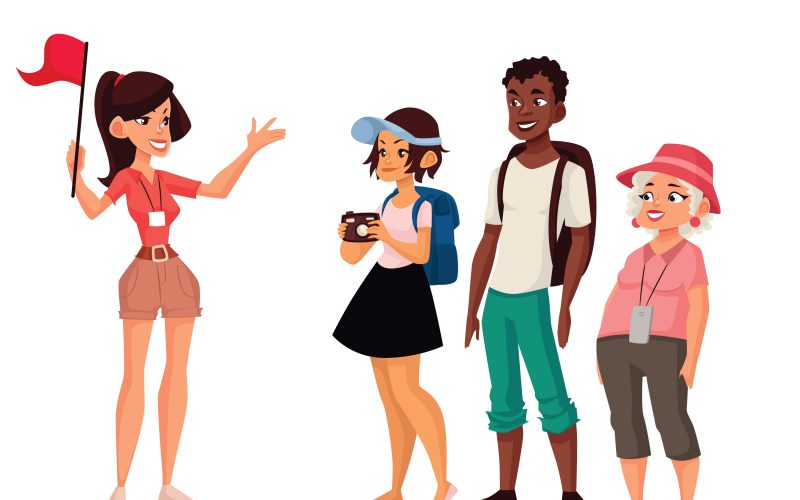
Roya Hakakian joins us to talk about her instruction manual for newcomers to this country, acting as tour operator for all the wonder of American sights and sounds.
Read more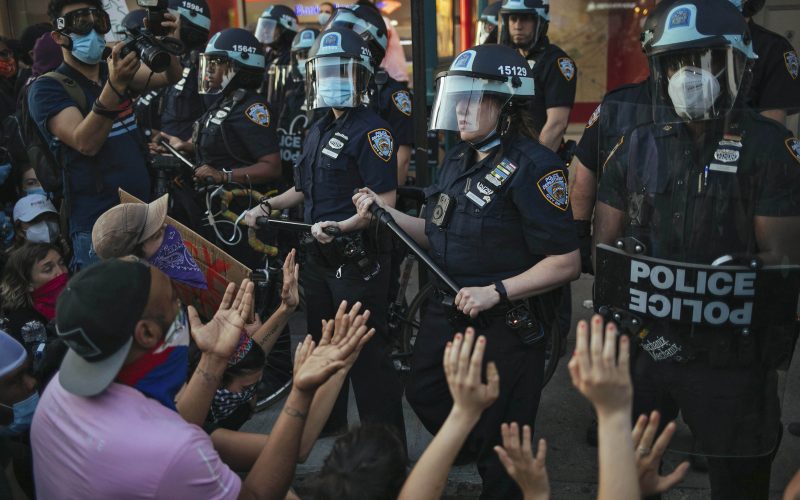
Elizabeth Hinton joins us to discuss why the word “riot” is a racist trope and masks a long arm of history of over policing and neighborhood crackdowns.
Read more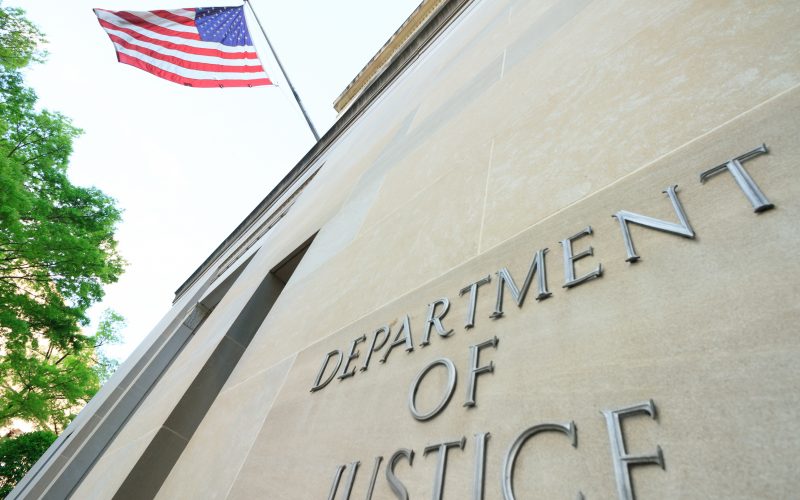
Alison Peck, a law professor at the University of West Virginia, joins us to talk about how we might remove politics from the immigration court system so that they can better serve both Americans and people looking to live here.
Read more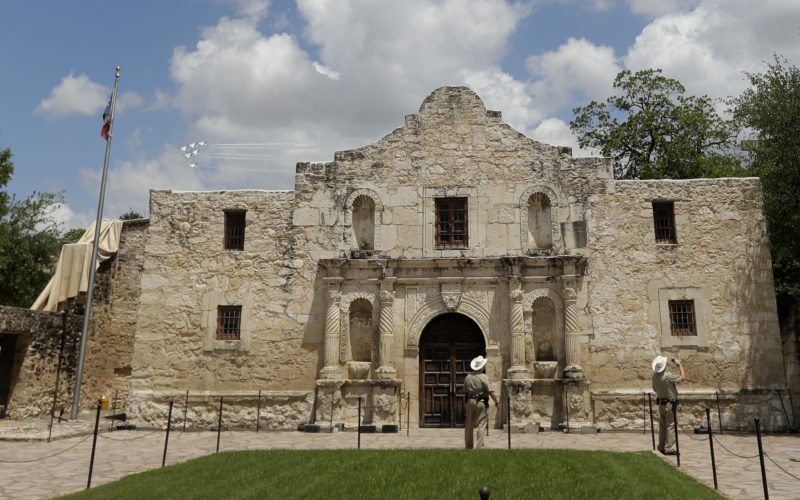
Author Bryan Burrough joins us to talk about arguably the state’s most famous story – The Alamo – and why its role in preserving slavery is often written out of Texas lore.
Read more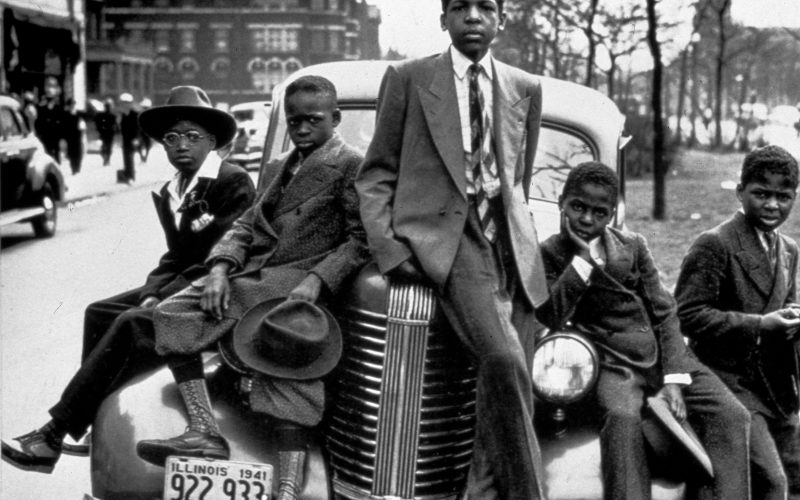
New York Times columnist Charles M. Blow joins us to talk about his ideas for how to create lasting social change, honor culture and memory, and fight back against systemic racism.
Read more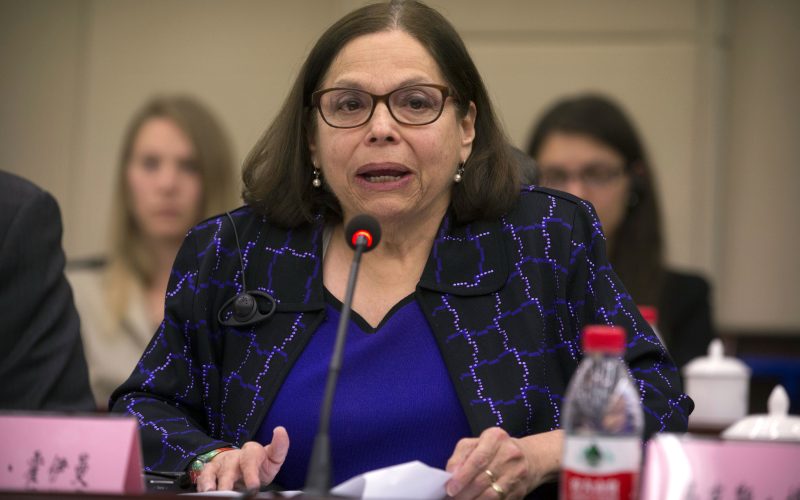
Judith Heumann joins us to discuss her life’s work, the lawsuits and sit-ins that changed history for people with disabilities, and what it means to rebel against entrenched norms and win.
Read more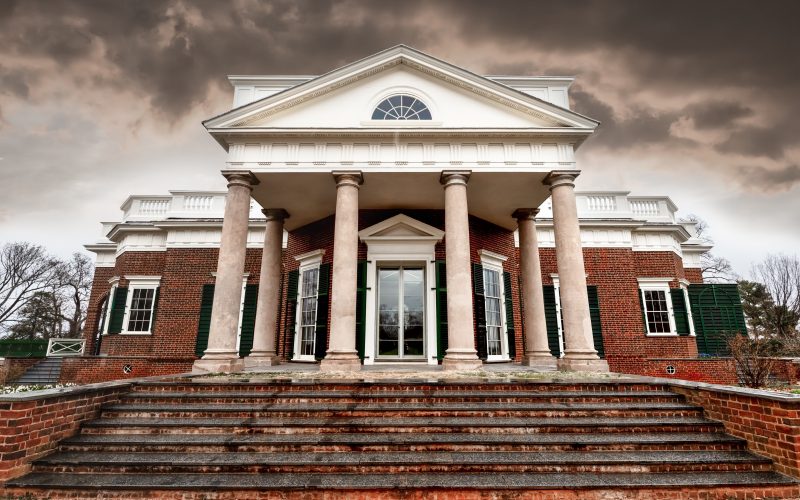
Clint Smith, a staff writer at The Atlantic, joins us to walk through four American institutions and discuss the role they’ve played in racial injustice to this day.
Read more